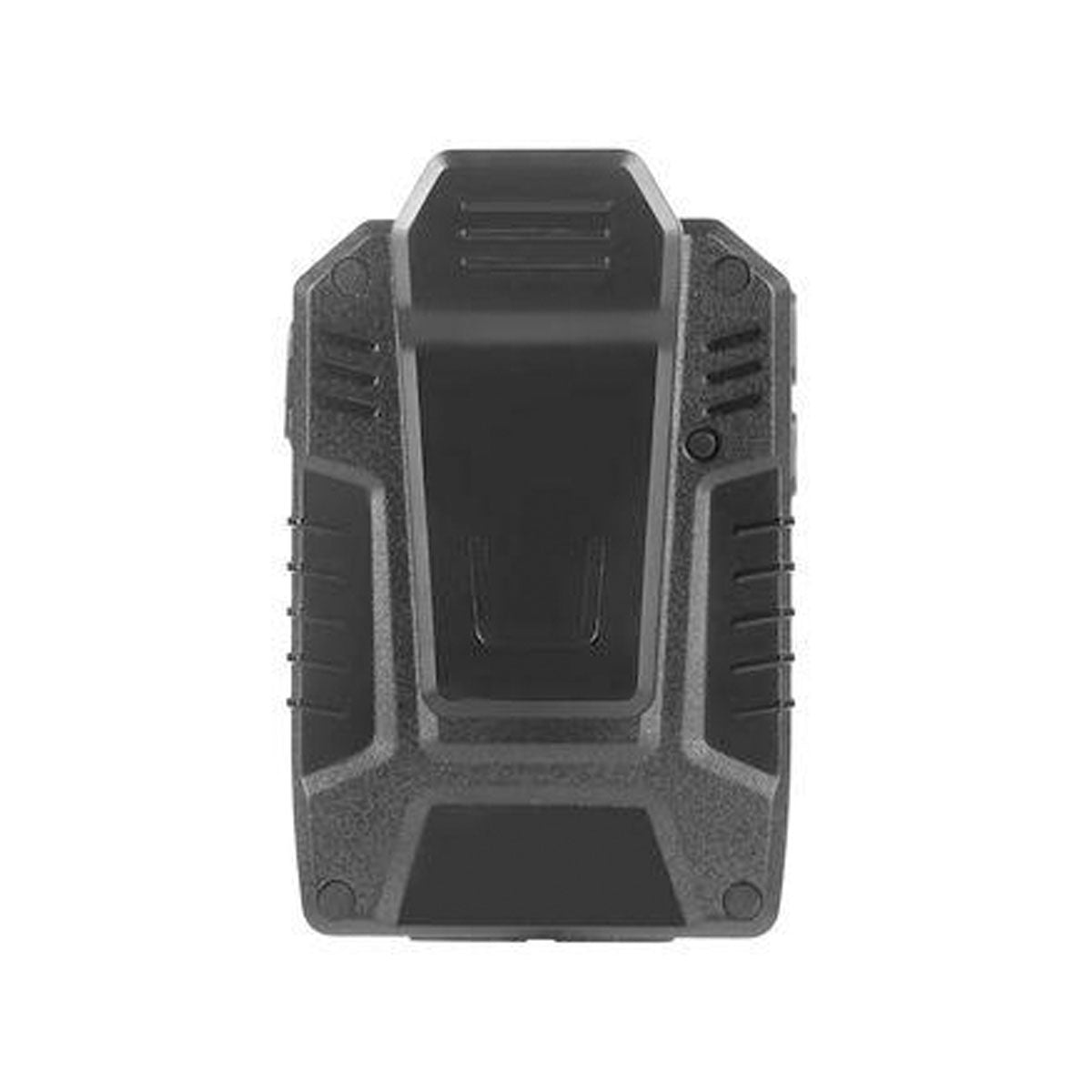Body-worn cameras (BWCs) have increasingly become an integral tool for law enforcement agencies around the world. These small devices, typically worn on the chest or shoulder of police officers, provide a first-person perspective of interactions between officers and civilians.
- Enhancing Transparency and Accountability: One of the primary benefits of body-worn camera solutions is the ability to enhance transparency and accountability in law enforcement. By recording interactions between officers and civilians, BWCs provide an unbiased account of events, reducing the risk of false accusations or biased reporting.
- Strengthening Evidence Collection: It plays a crucial role in evidence collection during criminal investigations. The footage captured by BWCs can provide valuable evidence in court, helping to support or refute claims made by witnesses or suspects. You can also hop over to this site https://tactical-solutions.com.au/technology/communication-technology-australia/bodyworn-cameras-australia/ for more information about the body-worn camera.

- Resolving Complaints and Disputes: It can also help in resolving complaints and disputes between officers and civilians. Often, incidents involving law enforcement are highly charged and can result in conflicting accounts from different parties involved.
- Deterrence and De-escalation: The presence of body-worn cameras can act as a deterrent to potential offenders, knowing that their actions are being recorded. Research has shown that the use of BWCs can lead to a reduction in the use of force by law enforcement officers and a decrease in civilian complaints.
- Protecting Officers and Civilians: Body-worn cameras not only protect civilians by ensuring police accountability but also protect officers from false accusations. In many cases, officers face unfounded complaints or accusations of misconduct.
Overall, body-worn camera solutions have the potential to greatly aid in evidence collection and criminal investigations. They enhance transparency and accountability within law enforcement, strengthen evidence collection, resolve complaints and disputes, act as a deterrent and de-escalation tool, and protect both officers and civilians.